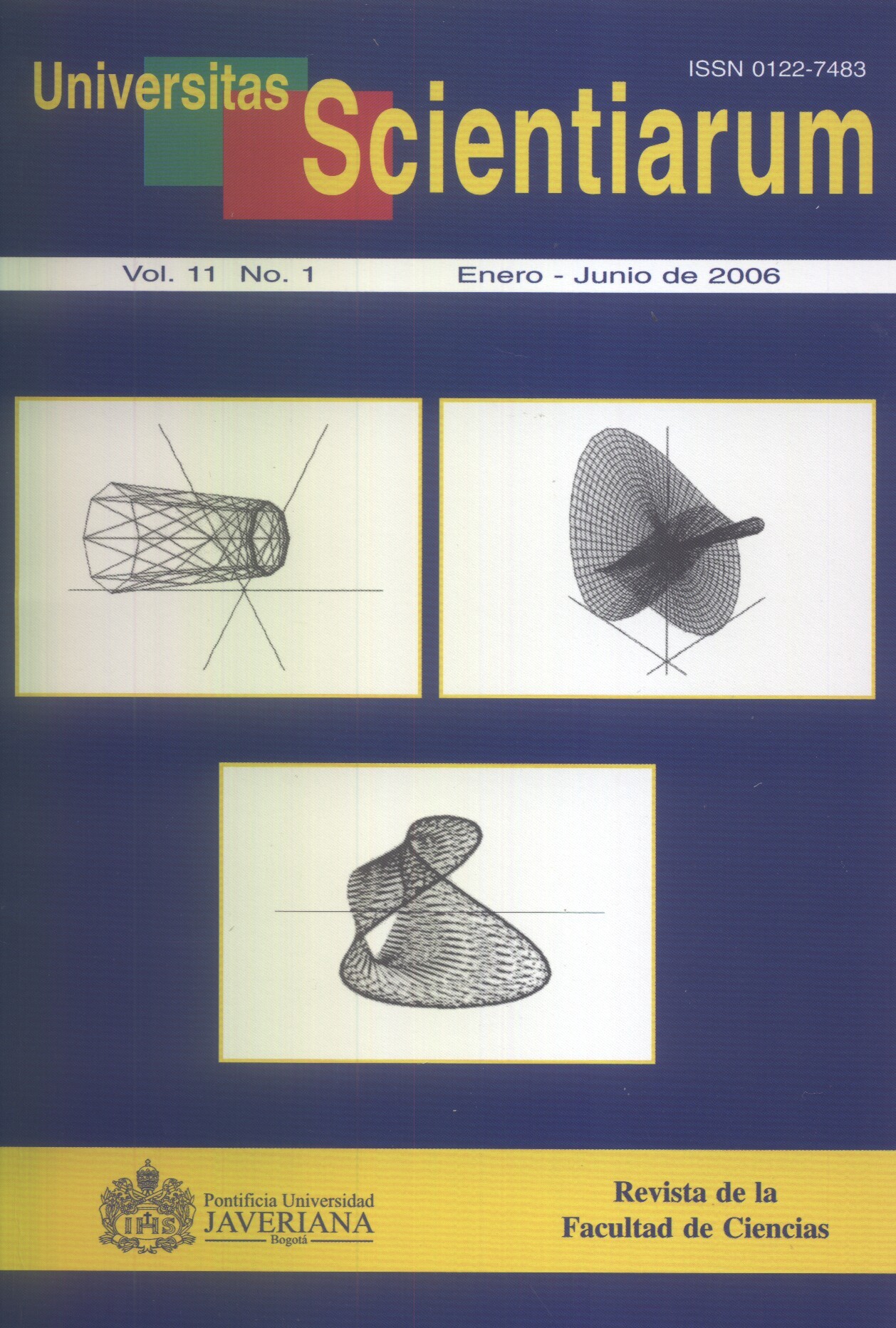Abstract
The absence of a stable operational state in polymerization reactors that operates in batches is factor that determine the need of a special control system. In this study, advanced control methodology is implemented for controlling the operation of a batch polymerization reactor for polystyrene production utilizing model predictive control. By utilizing a model of the polymerization process, the necessary operational conditions were determined for producing the polymer within the desired characteristics. The main control objective is to bring the reactor temperature to its target temperature as rapidly as possible with minimal temperature overshoot. Control performance for the proposed method is encouraging. It has been observed that temperature overshoot can be minimized by the proposed method with the use of both reactor and jacket energy balance for reactor temperature control.Univ. Sci. is registered under a Creative Commons Attribution 4.0 International Public License. Thus, this work may be reproduced, distributed, and publicly shared in digital format, as long as the names of the authors and Pontificia Universidad Javeriana are acknowledged. Others are allowed to quote, adapt, transform, auto-archive, republish, and create based on this material, for any purpose (even commercial ones), provided the authorship is duly acknowledged, a link to the original work is provided, and it is specified if changes have been made. Pontificia Universidad Javeriana does not hold the rights of published works and the authors are solely responsible for the contents of their works; they keep the moral, intellectual, privacy, and publicity rights. Approving the intervention of the work (review, copy-editing, translation, layout) and the following outreach, are granted through an use license and not through an assignment of rights. This means the journal and Pontificia Universidad Javeriana cannot be held responsible for any ethical malpractice by the authors. As a consequence of the protection granted by the use license, the journal is not required to publish recantations or modify information already published, unless the errata stems from the editorial management process. Publishing contents in this journal does not generate royalties for contributors.



